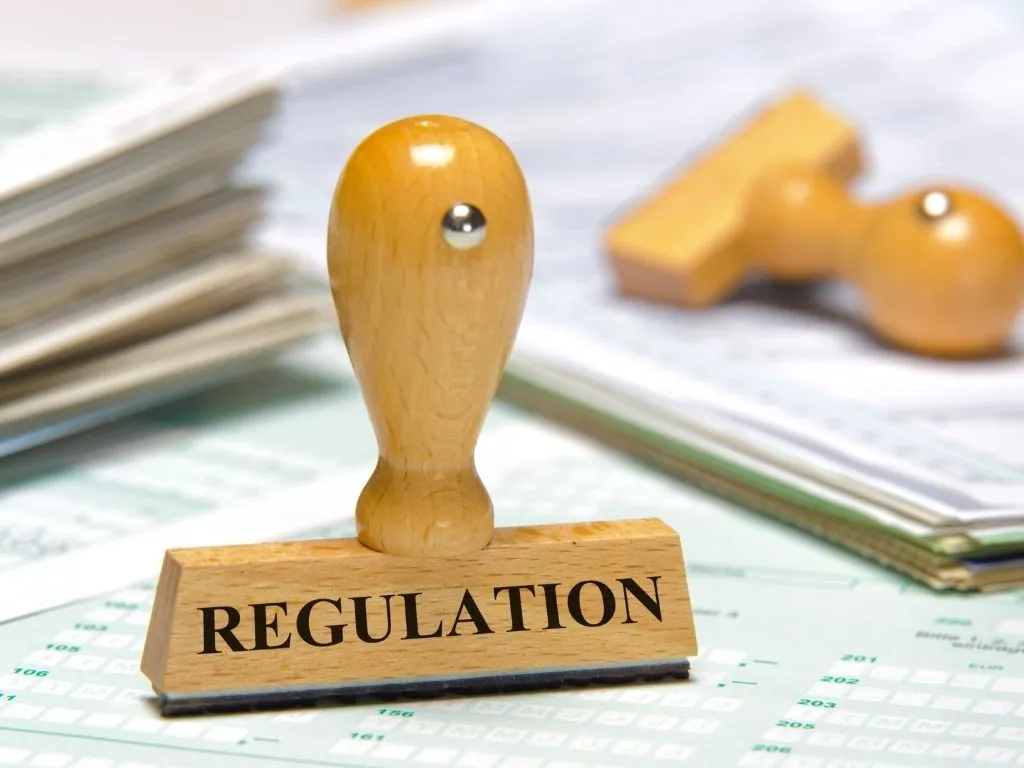News Details

Vietnam’s New Chemical Law: Key Changes Effective in 2026
On March 5, 2025, the National Assembly of Vietnam published the second draft of the amended Law on Chemicals, scheduled to take effect on January 1, 2026. This revision amends the 2007 Law on Chemicals and introduces sweeping changes to strengthen the regulatory framework, enhance public safety, and bring it into line with global chemical safety standards.
The updated law simplifies the structure into 8 chapters and 50 articles, significantly broadening its scope to include hazardous chemicals in consumer products, chemical usage across industries, and newly regulated areas such as chemical consulting and risk prevention. Key provisions also address environmental sustainability, public transparency, and emergency response requirements.
Key Legislative Changes:
Expanded Scope and Modern Definitions
-
Includes hazardous chemicals in products, not just pure substances.
-
Introduces new definitions, including green chemistry, chemical security, industrial chemical zones, and chemical databases.
-
Formally defines and regulates activities such as consulting, risk prevention, and emergency planning.
Prohibited Activities
-
Bans unauthorized use, production, or storage of dangerous chemicals.
-
Prohibits concealing hazards, illicit chemical trade, and use in unapproved sectors (e.g., food, pharmaceuticals).
National Strategy for Industrial Development
-
A national strategy will be developed for chemical industry growth with 10-year planning cycles and a 30-year vision.
-
Focus areas include basic chemicals, petrochemicals, pharmaceuticals, and renewable-based materials.
-
Emphasizes alignment with green chemistry and national defense priorities.
Mandatory Compliance Requirements
-
Projects must comply with laws on environmental protection, construction, fire safety, and chemical security.
-
Reports must include details on technology selection, chemical safety, and compliance with green chemistry principles.
-
Chemical facilities must maintain minimum safe distances from sensitive zones.
New Licensing and Compliance Controls
-
Chemicals are categorized as follows:
-
Controlled chemicals
-
Special control chemicals
-
Prohibited chemicals
-
-
Licensing is required for production, use, import/export, and even consulting services.
-
Certification and competence requirements are introduced for individuals and organizations involved in specialized chemical consulting.
Management of Chemicals in Consumer Products
-
Manufacturers must disclose hazardous substances in end products.
-
Additional obligations for:
-
Product labelling according to the Globally Harmonized System (GHS)
-
Laboratory testing
-
Risk management
-
Integration with Global Standards
-
Adopts GHS for labelling and classification.
-
Aligns with relevant international treaties and chemical trade agreements.
Transitional Provisions
-
Companies with existing permits for chemical manufacturing, trading, or import/export can continue operations until their permits expire.
-
Businesses certified for conditional chemical manufacturing or trading may operate until December 31, 2027.
-
Chemical storage operators must prepare accident prevention and response plans by December 31, 2027.
We acknowledge that the above information has been compiled from Ministry of Industry and Trade (MOIT)..

 Twitter
Twitter
